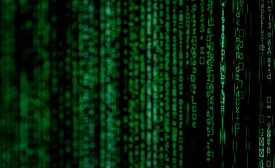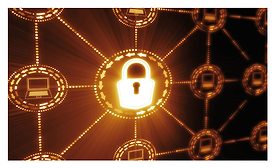- NEWS
- MANAGEMENT
- PHYSICAL
- CYBER
- BLOG
- COLUMNS
- EXCLUSIVES
- SECTORS
- Arenas / Stadiums / Leagues / Entertainment
- Banking/Finance/Insurance
- Construction, Real Estate, Property Management
- Education: K-12
- Education: University
- Government: Federal, State and Local
- Hospitality & Casinos
- Hospitals & Medical Centers
- Infrastructure:Electric,Gas & Water
- Ports: Sea, Land, & Air
- Retail/Restaurants/Convenience
- Transportation/Logistics/Supply Chain/Distribution/ Warehousing
- EVENTS
- MEDIA
- MORE
- EMAG
- SIGN UP!
Cybersecurity News
BSIMM11 study shows fundamental shifts in software security initiatives in response to DevOps & digital transformation
The 11th iteration of the Building Security In Maturity Model reflects how organizations are adapting their software security efforts to support modern software development paradigms
September 17, 2020
Sign-up to receive top management & result-driven techniques in the industry.
Join over 20,000+ industry leaders who receive our premium content.
SIGN UP TODAY!Copyright ©2025. All Rights Reserved BNP Media.
Design, CMS, Hosting & Web Development :: ePublishing










